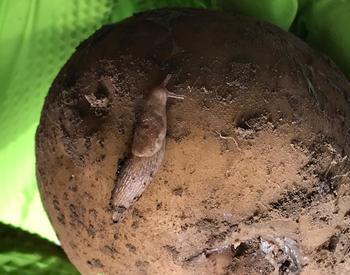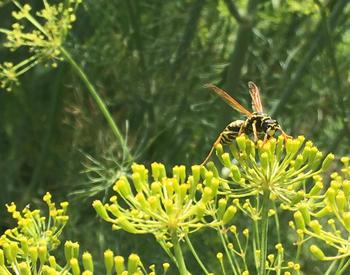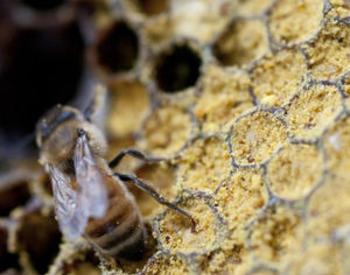We live next to a hazelnut orchard. Squirrels have tunneled under my house. Should I be concerned about this, what damage can they do and what can I do to get rid of them? During an inspection under the house a year ago, I was told that there was a lot of nuts but very little damage!
If the squirrels' burrows are under slab or foundation walls, I would be concerned. Even if the animals are only going under siding, it's generally not a good idea to have wild rodents living in shared (air) space with us.
Ground squirrel control
Controlling ground squirrels can be very challenging due to their digging abilities and their high reproductive output from year to year. Many of the poison baits for rodents are restricted products and thus only available for sale to and use by licensed pesticide applicators. Other methods to remove the animals currently living under the home could include lethal trapping.
With most wildlife species, the next step is to institute exclusion measures, such as fencing or otherwise blocking entry to the building. Ground squirrels make that a tough proposition because they can dig tunnels quite deep. Regardless of whether you or a Wildlife Control Operator (contractor) does the removals, dealing with the squirrels will be an ongoing effort, especially because there is so much high-quality food readily available. Yours might be a good case in which to get at least an estimate from a contractor on how they'd propose to handle that—it would be best to have somebody who can get actual eyes on the situation to assess options.
Some further information about ground squirrel management:
Use pesticides safely!
- Wear protective clothing and safety devices as recommended on the label. Bathe or shower after each use.
- Read the pesticide label—even if you’ve used the pesticide before. Follow closely the instructions on the label (and any other directions you have).
- Be cautious when you apply pesticides. Know your legal responsibility as a pesticide applicator. You may be liable for injury or damage resulting from pesticide use.


















